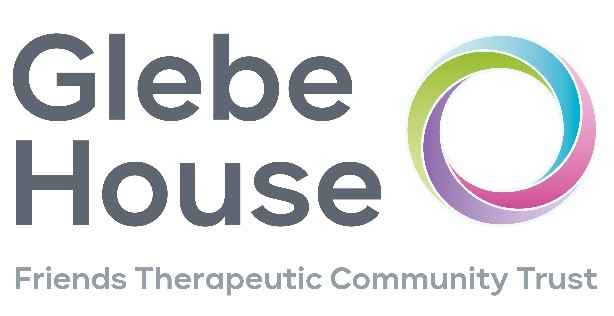The Glebe House Therapeutic Treatment Programme
Summary
A therapeutic treatment programme for young males aged 15 to 19 years, who are known to have sexually abused.
Type of intervention
Residential, group work, individual work, counselling
Target groups, level of prevention and subgroups
- (Potential) Offenders | Tertiary prevention | Young People (15-17 years), Young Adults (18-21 years) | Male | Residential, group work, individual work, counselling
Target population
Young males aged 15-19 years, who are known to have sexually harmed.
Delivery organisation
Friends Therapeutic Community Trust: Glebe House
Mode and context of delivery
Residential Therapeutic Community offers an intensive intervention programme over a minimum two-year period.
Level/nature of staff expertise required
Staff within the team have a range of qualifications, including qualified residential workers and practitioners with psychotherapy or social work qualifications. Clinical workers are educated to a degree level, and there are many with post-graduate qualifications.
Intensity/extent of engagement with the target group(s)
The residential programme runs from two years onwards, depending on the age of the young person at the point of referral. The Therapeutic Community programme is supported by three community meetings per day and the specialist programme through weekly small group and 1:1 sessions.
Description of intervention
The programme at Glebe House includes evidence-based therapeutic care, individually tailored education at the on-site independent special school and structured clinical treatment. These three interwoven strands are held within an overarching therapeutic community framework.
The therapeutic community (TC) principles include communalism (living and working together), permissiveness – now called tolerance (difficult issues can be explored, though boundaries have to be set), reality confrontation (facing up to the impact of destructive behaviour) and democracy (how to contribute to a consensus, and abiding by decisions taken). The school approach is rooted in psychodynamic and trauma-informed practice where staff are trained to work with young people who present a range of social and emotional challenges, including autistic spectrum disorder, ADHD and challenging behaviours.
As a Quaker-led Charity, their core values of Truth and Integrity, Equality and Justice, Peace, Simplicity and Sustainability sit comfortably alongside our TC principles, providing a safe space for the exploration of difficult issues to support change and encourage pro-social behaviours in our young people. Trustees, consultants, staff and our young people have worked in this way for nearly 60 years, establishing a nurturing, safe and supportive environment.
The experience of developmental deficits and relational trauma caused by neglect, lack of care, physical, emotional or sexual abuse, violence and significant loss, can cause severe problems which affect regulation and create a child who is insecurely attached, unable to trust adults, and who may display a range of destructive behaviours. Glebe House staff understand and believe, that a supportive environment, combined with specific interventions which address the most destructive behaviours and the most distorted beliefs, can repair some of the worst effects of early adverse experiences.
At Glebe House, being given incremental opportunities to practice managing risk and independence go side by side with learning the skills to voice feelings and manage distress in healthy ways. This approach is guided by the trauma-informed principles of safety, choice, collaboration, trustworthiness and empowerment, so as to help build the resilience necessary to engage more effectively in daily functioning. As the programme is specifically designed to encourage ownership and responsibility for both current and past behaviours, it also includes options for family work and victim work where possible and/or appropriate.
Transition planning starts at the point of admission and is a primary focus over the last six months prior to leaving. As well as the embedded independent living programme, Glebe House provides an 18-month tailored outreach service for all young people who complete the therapeutic programme. Working alongside the community networks available to the young person provides additional monitoring and reintegration support to help maintain the skills learnt.
Evaluations
https://www.glebehouse.org.uk/transitions-programme
https://www.glebehouse.org.uk/_files/ugd/10a464_c66a53557af8451a9c237de114c4a1b5.pdf
References
https://www.glebehouse.org.uk/_files/ugd/10a464_8f7480049c0a450c9b365a83bc324400.pdf
https://www.glebehouse.org.uk/_files/ugd/10a464_d4ac9da909f24a9a87a96a7ff822c6f2.pdf
Contact details
Stephen Cheetham – Chief Operating Officer
Dr Karen Parish – Clinical Director and Registered Manager
Email: info@glebehouse.org.uk

INFORMATION CORRECT AT APRIL 2022
RATING: Pioneering
